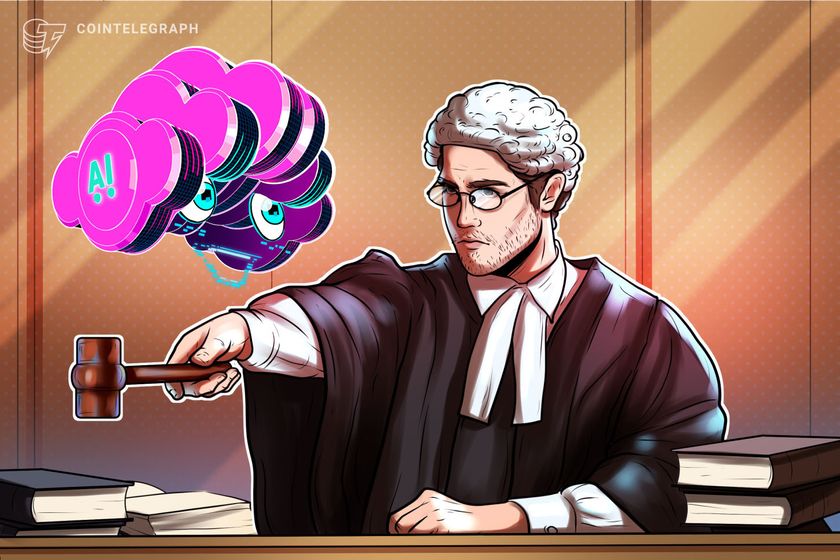Israeli banks should not deny services to firms involved with cryptocurrencies, according to Israel’s attorney general Avichai Mandelblit.
Instead of halting financial services for all crypto firms, banks should closely examine each case for indicators of money laundering risks or other illicit financial practices, Mandelblit told the Tel Aviv District Court.
Mandelblit’s stance purportedly opposed to a position by Israeli central bank
Mandelblit’s stance — reported by Israeli news agency Globes on Feb. 19. — is in opposition to the view of the country’s central bank, the Bank of Israel.
During 2019 a number of Israeli banks froze the accounts of customers receiving transfers derived from crypto. As reported by Cointelegraph, the action meant some Israeli Bitcoin (BTC) investors were unable to pay their taxes because banks would not accept their deposits.
In August 2019, an investor sued Israeli Bank Hapoalim for nearly $23 million, accusing it of refusing to accept deposits of profits earned through Bitcoin.
It’s a similar story in other parts of the world. The Internet and Mobile Association of India is currently fighting against the country’s central bank’s prohibitions against the provision of financial services to crypto firms.
A number of state agencies allegedly supports Mandelblit
Mandelblit’s position was filed in a case involving Mercantile Discount Bank’s refusal to authorize a transfer from local crypto exchange BIT2C. According to Globes, the AG’s stance was based on the recommendations of an inter-ministerial team headed by Erez Kaminitz, deputy attorney general at the Civil Law Department.
The team includes representatives from a number of state agencies and departments such as the Ministry of Justice, the Israel Money Laundering and Terror Financing Prohibition Authority, the Israel Capital Markets, Insurance, and Savings Authority, and others.
Despite the stance of Israeli banks, the government of Israel has been looking closely at blockchain technology. Last month the Israeli Securities Authority issued an information request to identify regulations that are preventing the development of blockchain-based ventures in the country.









